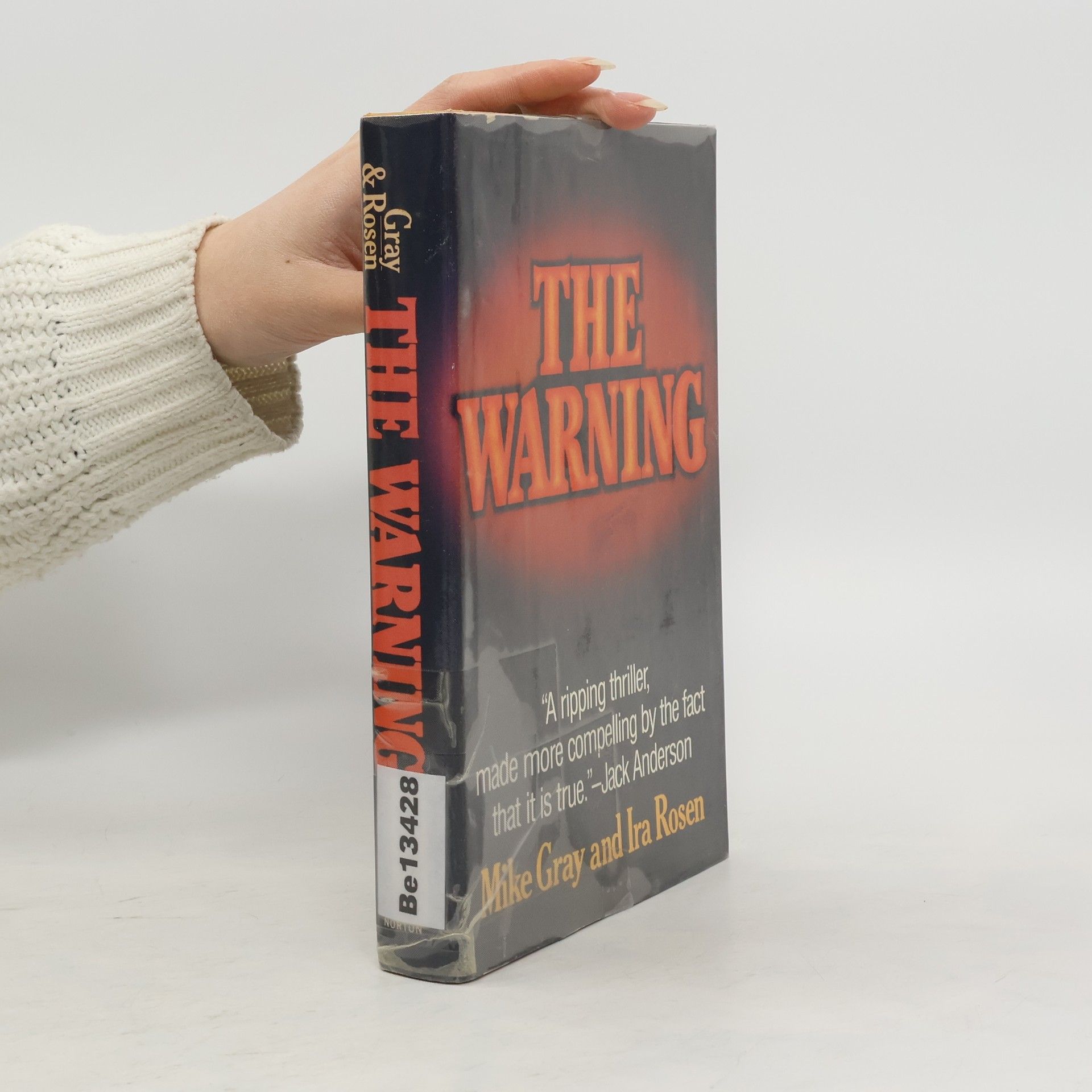By 6:00 a.m. on the morning of March 28, 1979, the reactor core at Three Mile Island was thirty minutes away from a meltdown, an apocalypse that would render a huge swath of eastern Pennsylvania permanently uninhabitable. The control room crew, overwhelmed by flashing alarms and klaxon horns, is at a loss. The memo that would have warned them was never sent.Originally published in 1982, this factual, riveting thriller was the first account of the accident based on exclusive interviews with key operating personnel. Mike Gray, author of The China Syndrome, and Ira Rosen, former producer for CBS's 60 Minutes, have updated this jackhammer narrative of mechanical failure and human error with an analysis of the current threats to our nuclear power plants.Today the nuclear option is again on the table. Before we head down that road, it's important to understand what went wrong that fateful morning when the future of Harrisburg hung by a thread.
Mike Gray Livres
Mike Gray était un écrivain et cinéaste américain dont le travail a exploré les problèmes contemporains et les défis sociétaux. Son écriture abordait souvent des sujets complexes tels que les accidents technologiques et la guerre contre la drogue, révélant un aperçu pénétrant de l'expérience américaine. L'approche de Gray offrait une lentille critique sur les préoccupations pressantes de son époque. Ses contributions offrent une perspective significative sur le paysage social et politique qu'il a dépeint.
